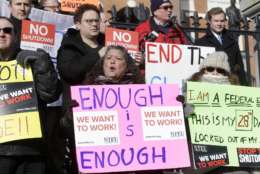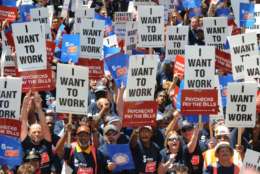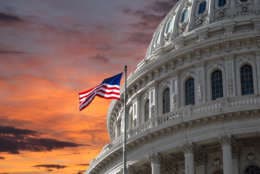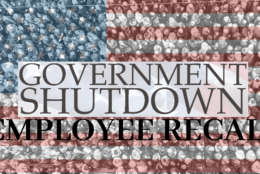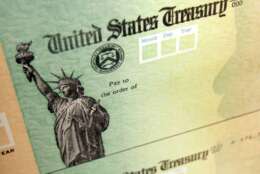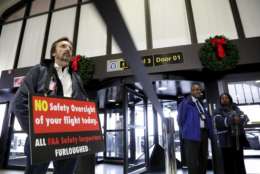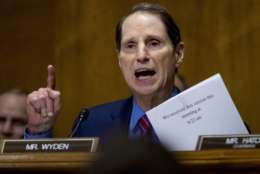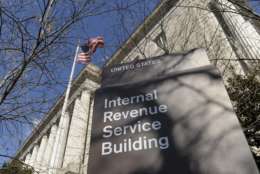Government Shutdown
-
Politicians with a vested interest in an extended shutdown might want to call home from time to time to see how well things are not going, especially in places where the government payroll is king.
January 18, 2019 -
Thousands of federal employees and their families are applying for unemployment and food stamps to get by as the longest government shutdown in U.S. history drags on
January 17, 2019 -
The National Treasury Employees Union has added a third count to its lawsuit against the Trump administration and questioned the legality of the decision to recall some IRS employees during the government shutdown.
January 17, 2019 -
The current partial government shutdown, and the full shutdowns that preceded it are, in some respects, simulated shutdowns. They are very real for the people whose pay relies on appropriated funds, but in many other respects they are not shutdowns at all. And that is the problem.
January 17, 2019 -
One of the administration's signature initiatives — deregulation, or reregulation — is an effort that involves both the White House and many that remain without appropriations.
January 17, 2019 -
Number of furloughed federal workers seeking US jobless aid doubled in week of Jan. 5
January 17, 2019 -
In today's Federal Newscast, bills to improve agency oversight of sexual harassment and give federal interns the same protection as employees pass the House.
January 17, 2019 -
Federal News Network is soliciting your questions about your pay, benefits, retirement and other topics during the government shutdown.
January 17, 2019 -
As the partial government shutdown stretches into uncharted territory, agencies previously unaffected by the lapse in funding now find themselves reopening services.
January 17, 2019 -
Last Friday was the first blank check many workers have ever received from Uncle Sam. But for some long-time feds the payless payday was not the first.
January 17, 2019 -
President Donald Trump signed legislation Wednesday afternoon that guarantees back pay for federal employees impacted by the partial government shutdown.
January 16, 2019 -
The longer the shutdown goes, the more nerves fray. It's downright crabby out there.
January 16, 2019 -
The federal workforce and its partial plight have dominated the news since Christmas. But how much do you know about that workforce?
January 16, 2019 -
In today's Federal Newscast, Senator Ron Wyden (D-OR) is asking the Office of Personnel Management how it's making sure federal employees furloughed due to the government shutdown are still receiving healthcare coverage.
January 16, 2019 -
The IRS will exempt more than half of its total workforce if the partial government shutdown extends into the upcoming filing season, according to updated guidance the agency released Tuesday.
January 15, 2019


